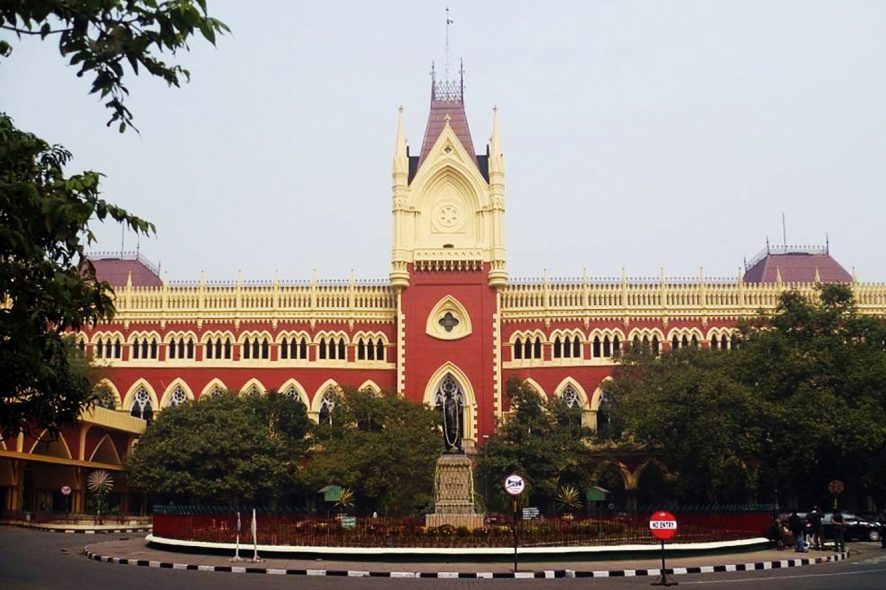Calcutta High Court: Public Interest Litigations (PILs) were filed for a direction to the authorities to take appropriate measures for combating the disease of dengue spreading like fire in the State of West Bengal and for taking appropriate measures in that regard. Justice Arijit Banerjee and Jyotirmay Bhattacharya, ACJ, issued interim measures to combat the hazardous situation.
Learned Advocate General on behalf of the State, challenged the maintainability of the writ petitions on two grounds: Firstly, the petitions were filed on the basis of newspaper reports and secondly, these writ petitions are not supported by any evidence, whereas, Hon’ble Apex Court has laid that a party should approach the High Court only after doing adequate research for the grievance made. The writ petitions filed in this regard are seeking publicity and they have no public interest involved, by quoting this, the learned Advocate General relied on a few decisions like, Ravinder Kumar Sharma v. State of Assam, (1999) 7 SCC 435; Holicow Pictures (P) Ltd. v. Prem Chandra Mishra, (2007) 14 SCC 281 and many more on the same issue of seeking publicity and not for any public interest.
Mr. Sanyal by relying on the decision of Division Bench of this Court in Adhir Ranjan Chowdhury v. State Of West Bengal, 2003 SCC OnLine Cal 611: (2004) 2 CHN 40, submitted that a PIL is definitely maintainable if it carries the issue of public health and concern at large. Learned counsel also submitted that WP 26784 (W) of 2017, is not based merely on newspaper reports instead it is based on a State Government report to the National Vector Borne Disease Control Programme (NVBDCP).
Hon’ble Court further held that, newspaper reports are per se inadmissible in accordance to Section 81 of the Evidence Act, unless the reporter concerned is examined and cross-examined in the Court. The information should show the gravity and seriousness involved. Therefore, by considering the above-stated contentions, 2 out of 9 Writ petitions stand on a different footing and along with that the report filed by State admits that Dengue has become a serious social problem, for which the Court cannot just remain silent.
State has taken appropriate measures to the best possible extent, but a number of deaths still continue to occur, for which adequate steps shall be taken and also the the Court did not hold that the writ petitions filed on the grave issue of dengue causing several deaths are not maintainable as PILs and the contention of the State of the writ petitions not maintainable was also rejected.
Further, interim directions were issued to tackle the problem:
· Mobile medical facilities for blood testing, in areas where no hospitals at close proximity are available.
· All Government Hospitals in the State to be provided with adequate medical kits.
· A report shall be submitted by every clinical establishment to the licensing authority as soon as a person is found to be suffering from Dengue, for which a notification had already been issued by the State Government in 2012.
[Anindya Sundar Das v. State of W.B.; 2017 SCC OnLine Cal 16057; decided on 01-12-2017]







